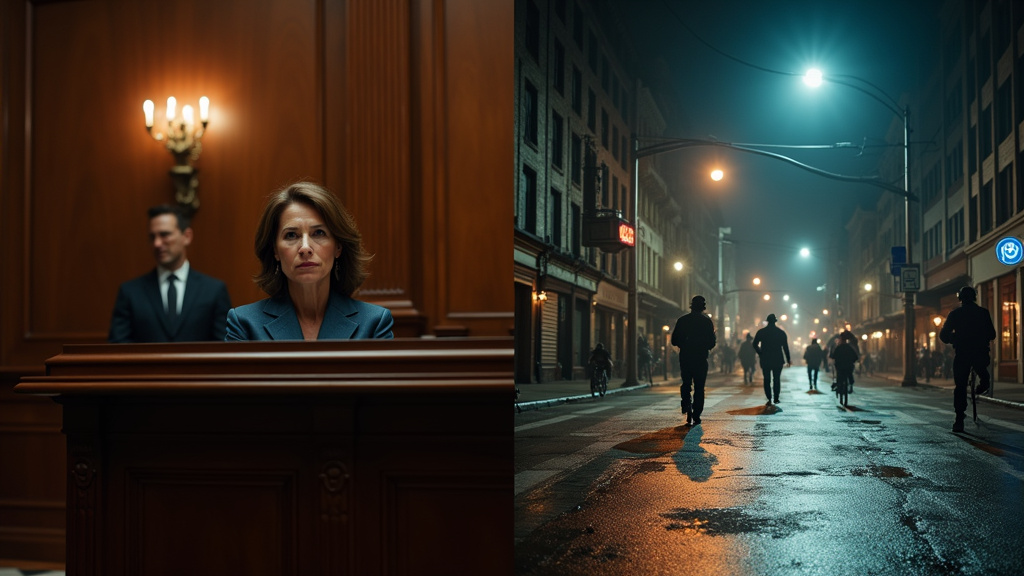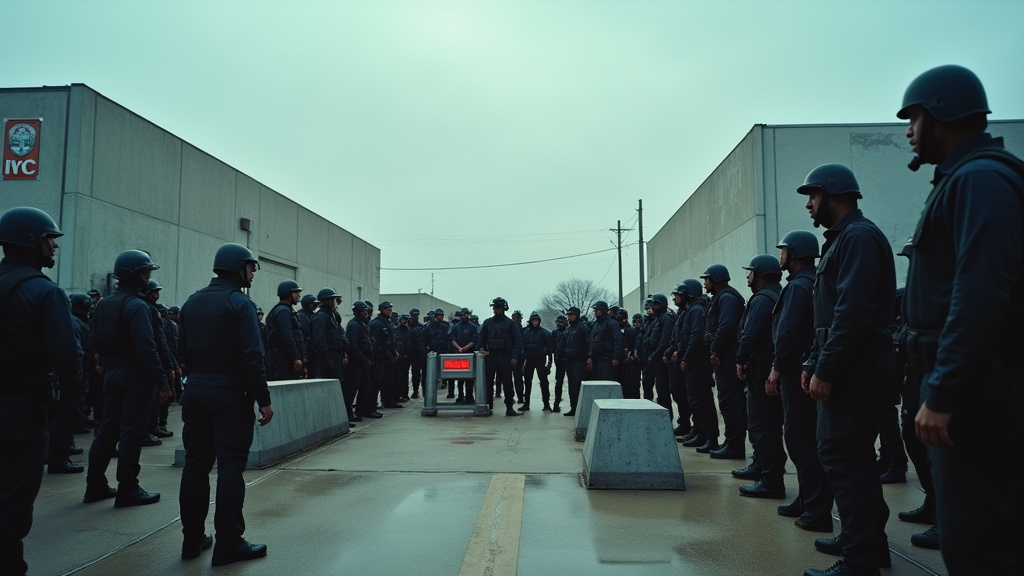Ed Burke, the long-serving former Chicago Alderman whose political career spanned more than five decades, has transitioned from federal prison to community confinement. At 81 years old, Burke departed the Federal Correctional Institution (FCI) Thomson on July 8, 2025, marking a shift in the manner in which he serves the remainder of his two-year federal sentence. This new phase places him under the supervision of the Federal Bureau of Prisons’ (BOP) Chicago Residential Reentry Management (RRM) office, as he moves closer to his projected final release date.
Departure from FCI Thomson
The transfer on July 8, 2025, saw Mr. Burke leave the low-security federal correctional institution situated in Thomson, Illinois. His relocation signals the BOP’s determination that he has reached a point in his sentence where he is eligible for a less restrictive environment than traditional incarceration. The move is a standard part of the federal correctional system for inmates approaching their release date, designed to facilitate their gradual return to civilian life while still maintaining a degree of governmental oversight.
Under the management of the BOP’s Chicago Residential Reentry Management (RRM) office, Burke will reside in a supervised setting. This community confinement could take the form of either stringent home confinement, where movement is severely restricted and often monitored electronically, or placement in a Residential Reentry Center, commonly referred to as a halfway house. These facilities provide a structured living environment with rules and supervision, typically allowing residents to leave for approved activities like work, medical appointments, or family visits, all aimed at supporting their reintegration. The specifics of Burke’s placement type were not immediately publicly disclosed, but he remains firmly under federal custody and must adhere strictly to the conditions of his confinement until his sentence concludes.
The Scope of the Conviction
Ed Burke’s fall from grace followed his conviction by a federal jury in 2023 on a total of 13 felony counts. The charges laid bare a pattern of corruption, alleging that Burke systematically exploited his powerful governmental position for personal financial gain, primarily benefiting his private property tax law firm. The extensive list of convictions included serious federal crimes such as racketeering conspiracy – indicating a pattern of illegal activity conducted through an enterprise – federal program bribery, attempted extortion, conspiracy to commit extortion, and using an interstate facility to promote unlawful activity.
Prosecutors presented compelling evidence during the trial, including recorded conversations, to demonstrate how Burke allegedly leveraged his aldermanic powers. For example, he was accused of using his influence over permits and approvals necessary for development projects and business operations within the city. By withholding or threatening to withhold such official actions, he attempted to pressure individuals and companies into hiring his law firm to handle their property tax appeals. This scheme formed the crux of the extortion and bribery charges, illustrating how public office was allegedly used as a tool for private business coercion. The conviction on 13 counts reflected the jury’s finding of guilt across multiple instances and types of corrupt conduct.
Sentencing and Financial Penalties
In the aftermath of the 2023 conviction, Ed Burke received a sentence of two years in federal prison. Given his age of 81 at the time of his release to community confinement, and 80 when sentenced, the two-year term represented a significant period of incarceration. He commenced serving this sentence in September 2024.
As part of the judgment, Burke was also ordered to pay substantial financial penalties. This included a large fine of $2 million, a significant sum reflecting the gravity and scope of the financial benefits derived from his illegal activities as determined by the court. Additionally, he was ordered to pay $65,000 in restitution. This specific amount is designated to the owners of the Burger King restaurant on Chicago’s Southwest Side, who were identified as direct victims of one of the attempted extortion schemes detailed in the indictment and proven at trial. The case involving the Burger King was a prominent example presented by the prosecution to illustrate Burke’s method of operation, where he allegedly sought to condition the granting of city permits on the owners retaining his law firm.
Post-Confinement and Final Release
While Ed Burke is no longer housed within the walls of FCI Thomson, his time under federal control is not yet complete. His period of community confinement is set to continue until his projected release date from federal custody, which is currently scheduled for February 20, 2026. This date factors in the time served in prison and the subsequent period under community confinement.
Furthermore, the legal consequences extend beyond this custody period. Upon his release from community confinement on February 20, 2026, Burke is required to serve an additional year of court supervision. This period of supervised release means he will remain under the oversight of the federal probation system, subject to conditions set by the court, which typically include requirements like reporting to a probation officer, restrictions on travel, and potentially other conditions designed to deter future criminal conduct and support rehabilitation.
Significance in Chicago History
Ed Burke’s extensive tenure as alderman, which began in 1969 and ended with his conviction in 2023, made him an unparalleled figure in Chicago municipal politics. For decades, he wielded significant power, most notably as chairman of the City Council’s Finance Committee for many years, controlling vast aspects of city operations, budget, and contracting.
His conviction and subsequent incarceration marked a watershed moment, serving as perhaps the most prominent example of a Chicago politician being held accountable for exploiting their office for personal enrichment in recent memory. The case highlighted the persistent challenges of public corruption within the city’s political landscape and reinforced federal authorities’ commitment to prosecuting such offenses.
As Ed Burke navigates the final stages of his sentence through community confinement, his situation continues to draw attention as a notable endpoint to a political career that was both historically long and ultimately tarnished by federal conviction. His projected full release from all federal oversight is anticipated on February 20, 2026, followed by a year of court supervision.











